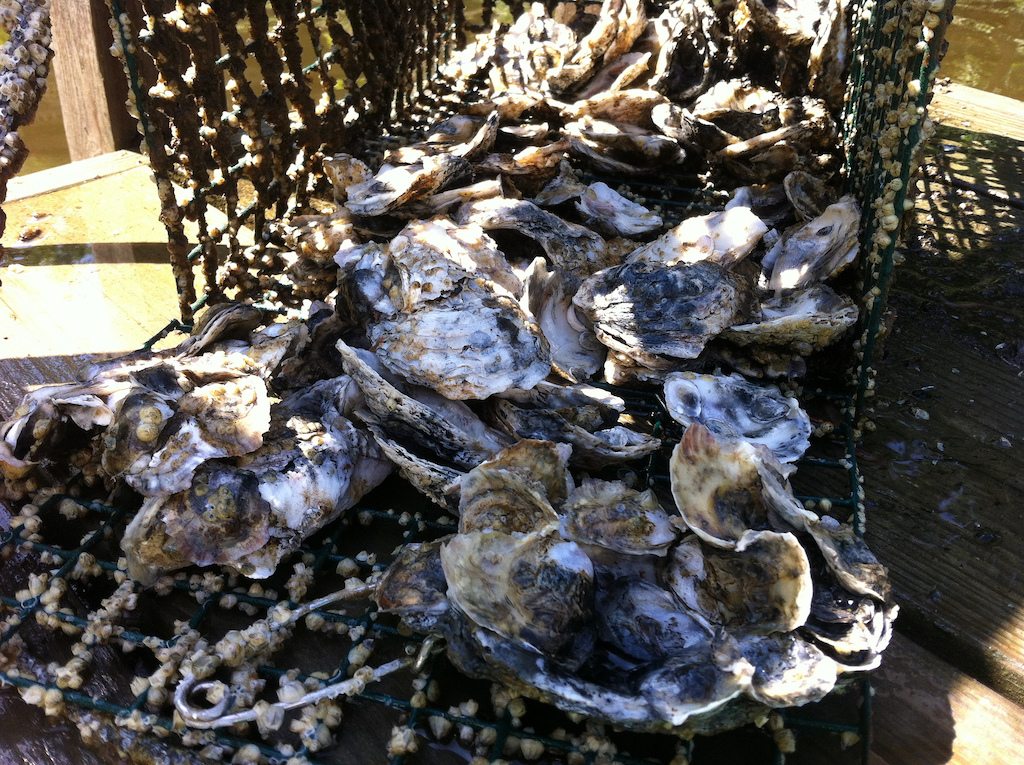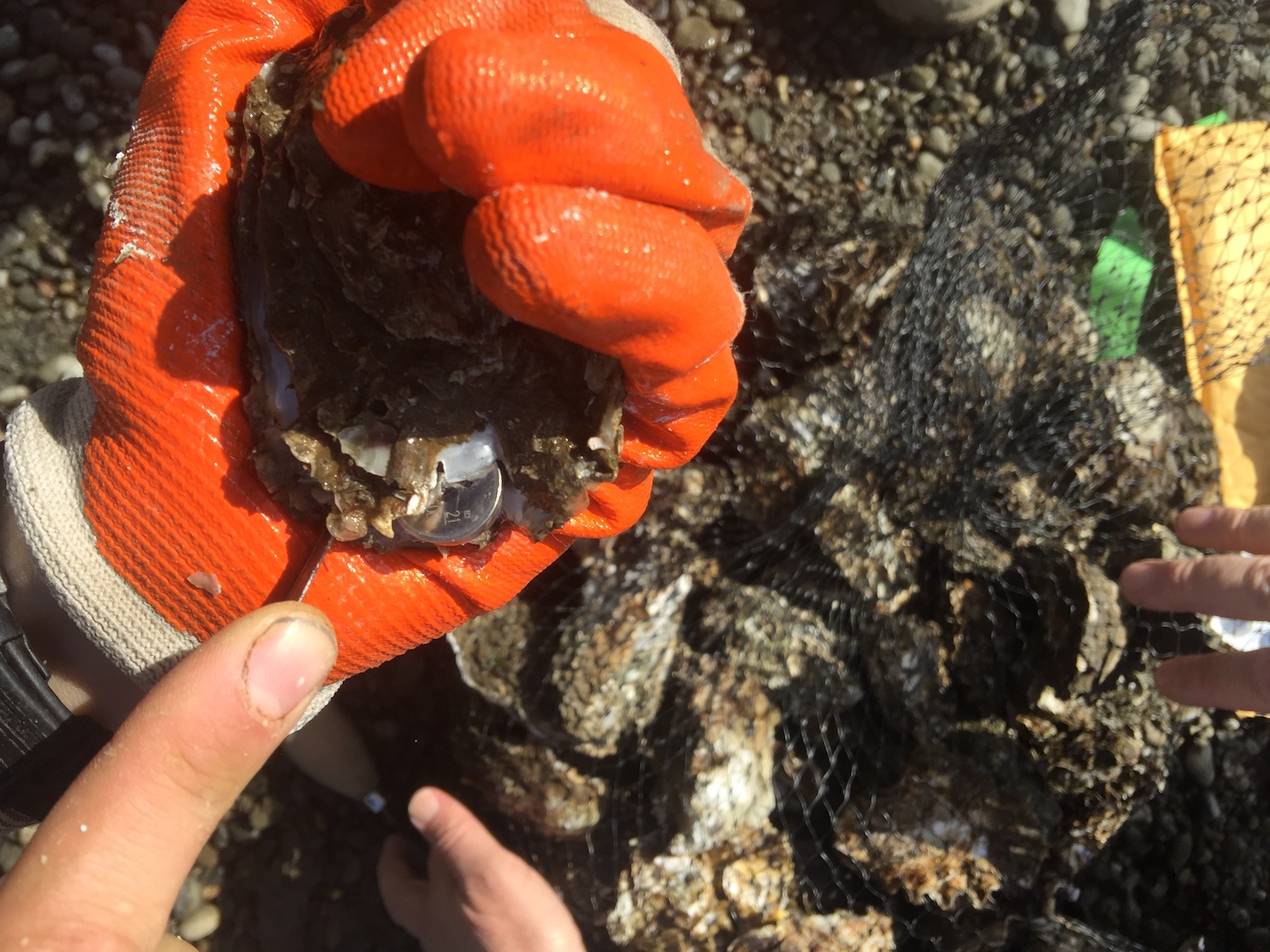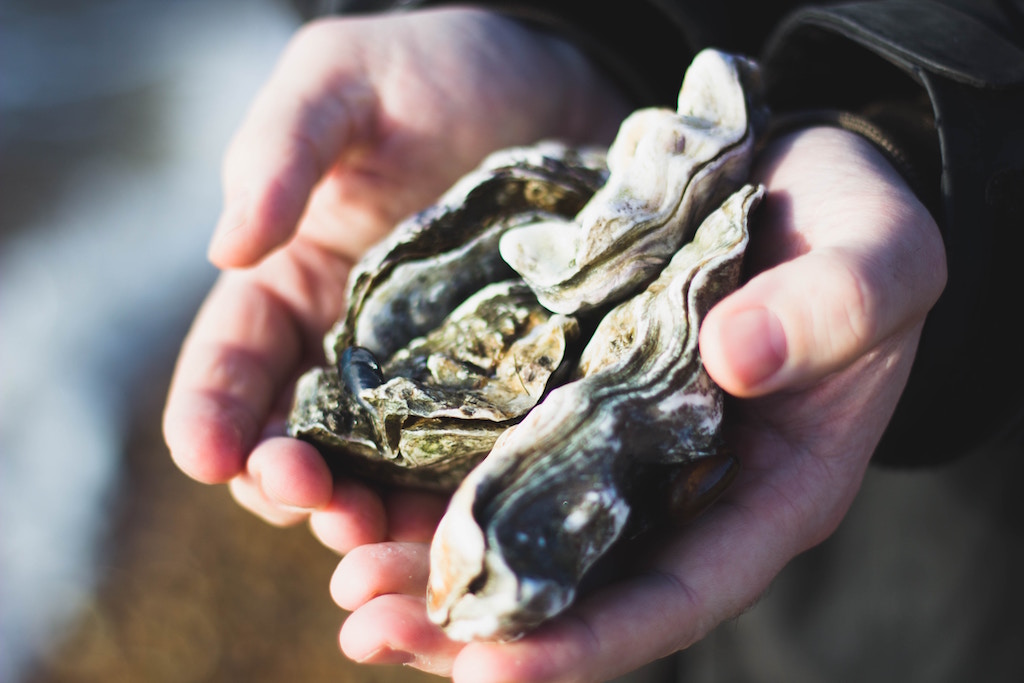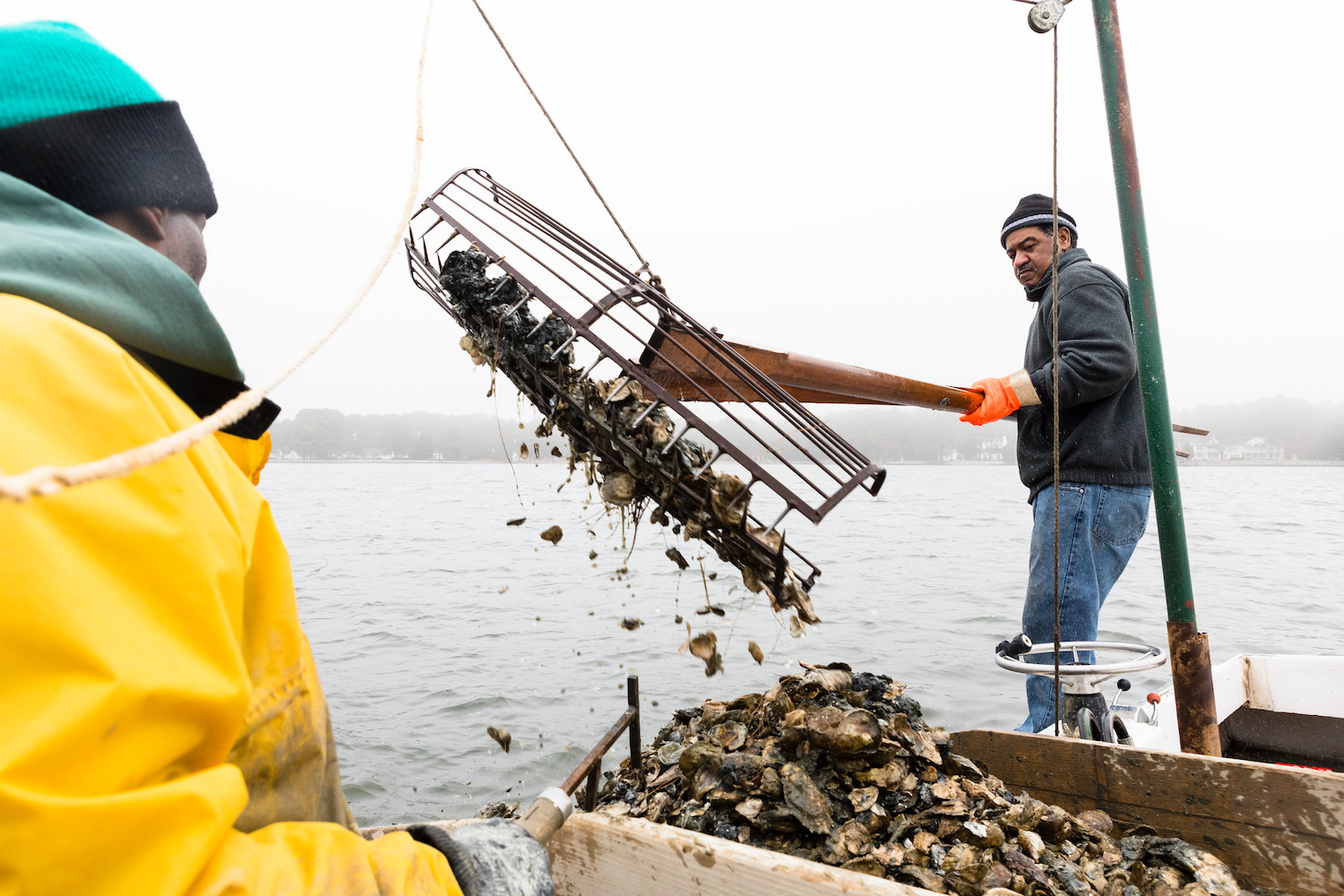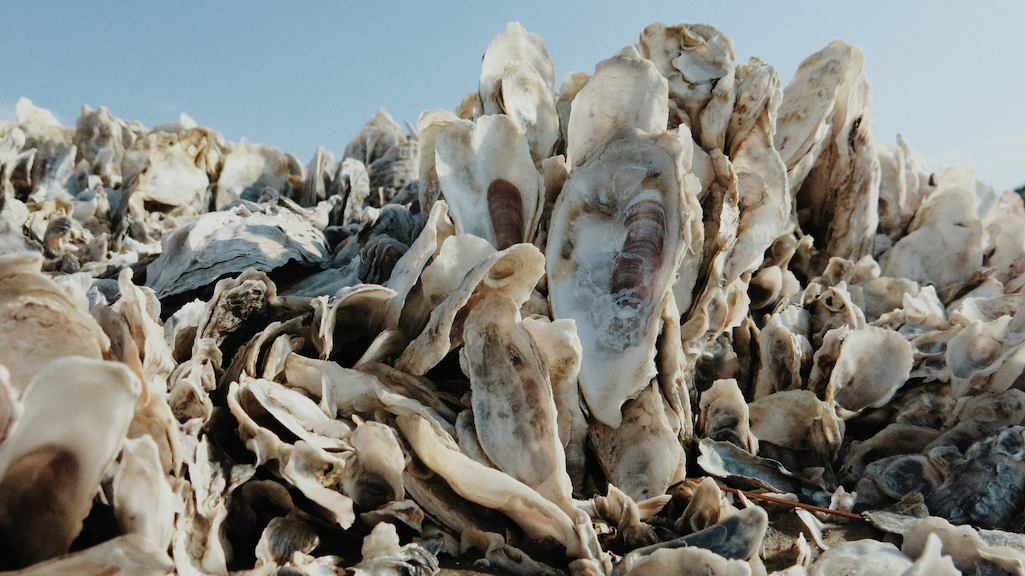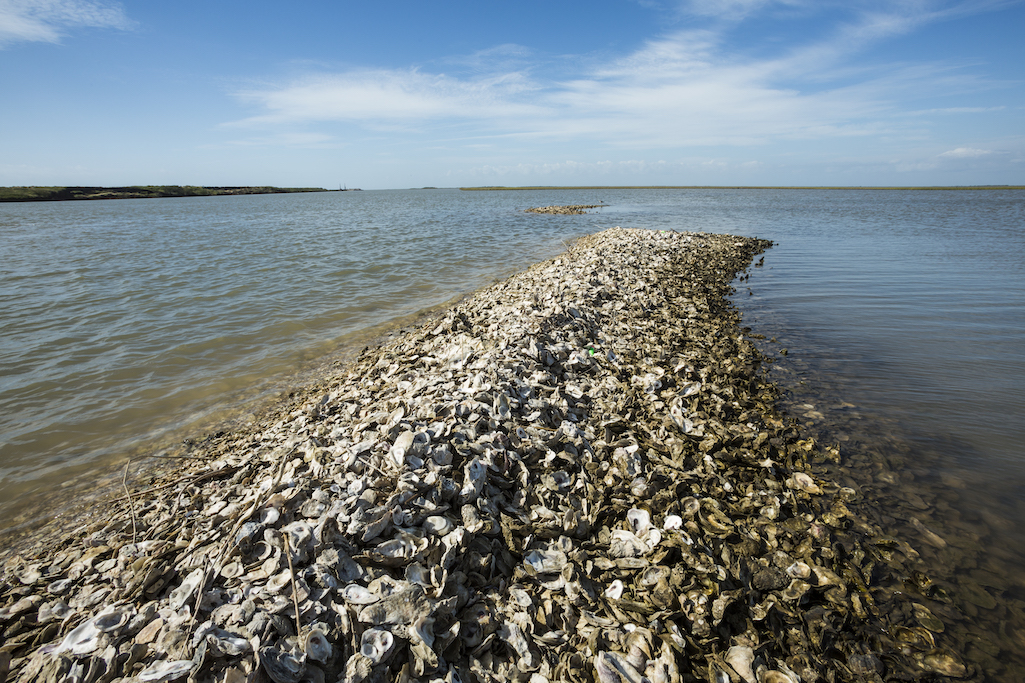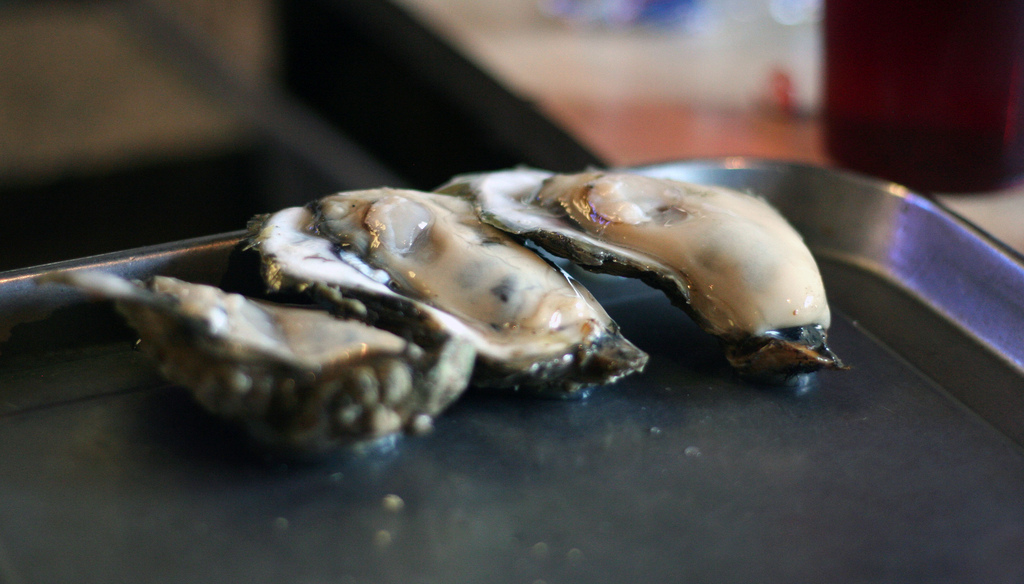Japan spent more than $1 million to fix an oyster problem in preparation for the Olympic Games
The hits just keep coming for the Tokyo Olympics. The sporting event, delayed a year because of the coronavirus pandemic, is now facing an unexpected foe from below. It seems oysters have gotten … err … attached to floating devices in the part of Tokyo Bay where Olympic canoeing and rowing events will take place. The floats suppress the impact of waves, but were bogged down by bivalves. Japan has spent $1.2 million—that’s 85 percent of the course’s annual operating budget—to remedy the pesky problem first seen last August. Apparently, the bay’s high saline content and abundance of phytoplankton, prime oyster food, makes it a mollusk hotspot. Food & Wine reports that the government removed 28,000 pounds of magaki oysters, a Japanese delicacy sometimes called “the true oyster.” But forks down. They won’t be making it to restaurants and dinner plates. That would have required “safety checks,” and authorities say they’re more concerned with staving off the oysters before Friday’s opening ceremony.
